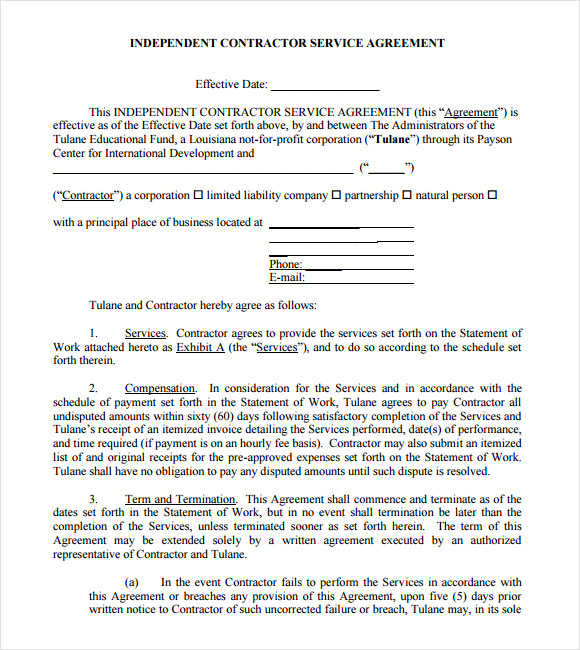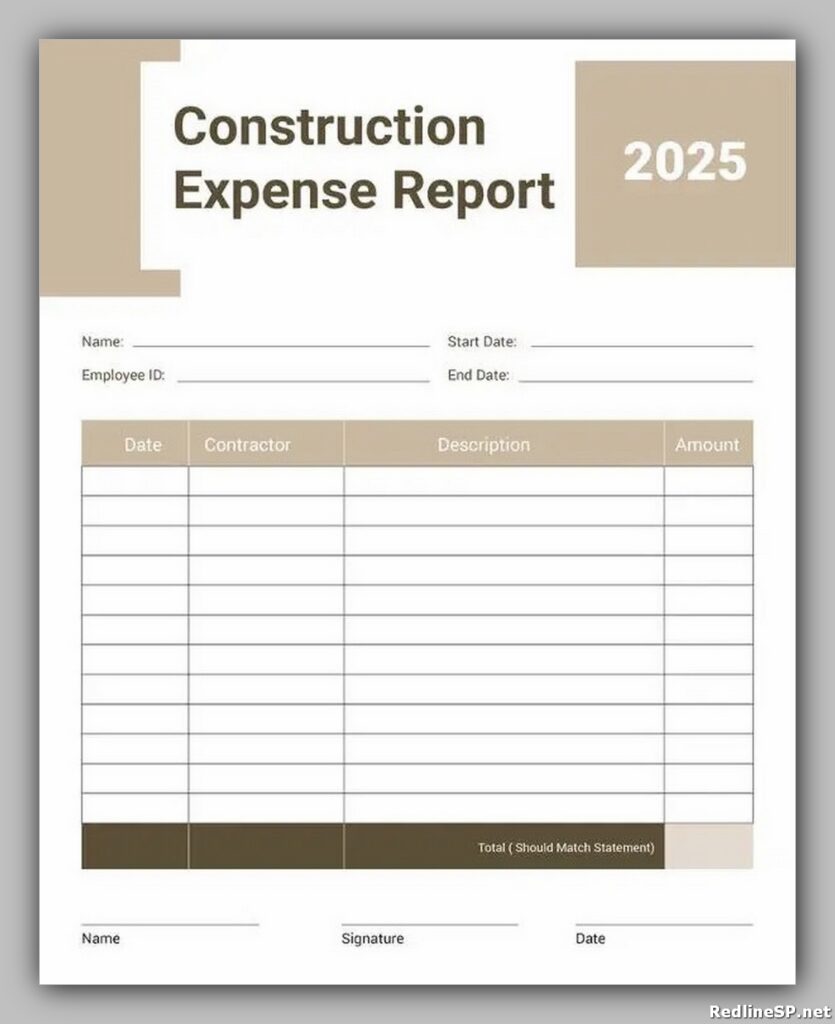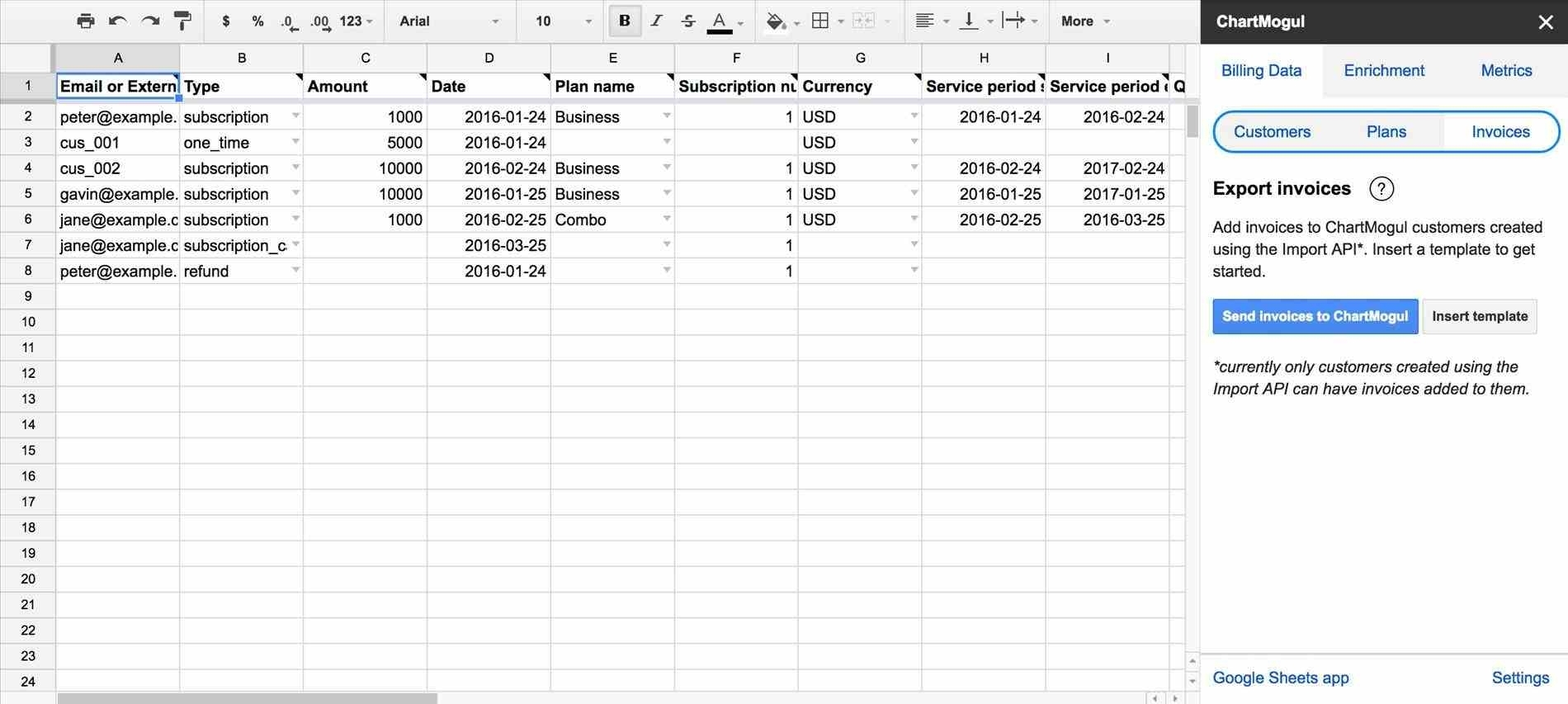

If you operate your business as a sole proprietorship, you can not claim a business expense deduction for amounts you receive from the business. Careful attention must be paid to business owners' compensation And, the IRS and the taxpayer frequently have a very different view of "reasonable." More courts are choosing to frame the issue this way: "would a completely independent investor in the company be willing to pay that level of compensation to this individual?" Viewed in that light, one can see why paying your 12 year old son $7.50/hour for general janitorial services at the office would be considered reasonable, while paying him $75.00/hour would not. Warning: bonuses that are not paid under a formal plan in existence at the beginning of the year are suspect.Ĭlearly these factors are open to interpretation. whether the compensation is paid pursuant to a structured, formal, and consistently applied program.whether the employee controls the company (allowing him or her to disguise non-deductible corporate distributions of income as deductible compensation).Factors related to company/employee relationship.prevailing rate of compensation paid by similar companies in similar industries for similar services.Factors related to the company or industry.his or her qualifications for the position.type and extent of services rendered (hours worked, duties performed).responsibilities and duties in the organization (his or her importance to the company's success).This means the IRS will evaluate all the facts and circumstances including the following: In deciding whether compensation is reasonable, the IRS uses the following definition: compensation is reasonable if that amount "would ordinarily be paid for like services by like enterprises under like

Unfortunately, most small businesses fall squarely into both these situations. However, in these situations, the IRS will closely scrutinize the payments. Ordinarily, the IRS will not challenge the amount of the compensation as unreasonable unless the employee has some control over the employer (e.g., is a large stockholder) or has some personal relationship with the owners. Reasonable compensation is a "hot button" issue with the IRS-particularly with small, family-owned businesses. However, if you do provide non-cash compensation (other than fringe benefits that are subject to their own rules), then the amount you can deduct is generally the fair market value of the property transferred. Most employers pay their employees in cash, rather than in goods or services. Accrual method taxpayers claim the deduction for the year in which the obligation to pay is established and when the services are performed, even if the actual paycheck is distributed later. The year in which you claim the deduction depends, in part, upon whether you use the the cash or accrual method of accounting.Ĭash method taxpayers must claim the deduction for the salary, wage, or benefit payment in the year it's paid to the employee.

As a general rule, you can claim a tax deduction for the salary, wages, commissions, bonuses, and other compensation that you pay to your employees, provided the payments meet the following requirements.


 0 kommentar(er)
0 kommentar(er)
